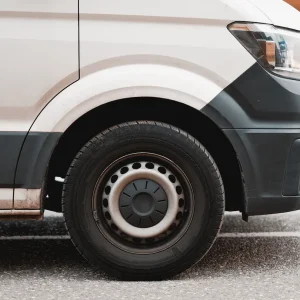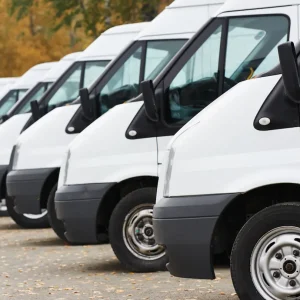Ford is to supply businesses in London with 20 Transit Custom plug-in hybrid vans in a year-long trial to cut emissions in the capital and accelerate development of the vehicle.
The companies running them will provide feedback to the manufacturer, which will be used to improve the offering ahead of a more general roll-out of the plug-in van in 2019.
Transport for London is taking three examples onto its fleet, with other participants in the trial due to be revealed later this year.
Speaking exclusively to What Van? at the launch of the TfL partnership, Graham Hoare, head of Ford’s Dunton technical centre, said the plug-in van will be able to travel for at least 30 miles on electric power, with a recharging time of around four hours using a three-pin plug.

“Our target is to be based on lower than 50g/km of CO2,” he added. “Based on the technology, I feel that’s achievable.”
Ford’s R&D expert told What Van? the motor is supplemented by the firm’s 1.0-litre Ecoboost three-cylinder petrol engine, which will be able to recharge the battery when required.
Hoare claimed the payload and load volume of the PHEV would be broadly similar to that of the standard Custom. “What we’ve tried to do is ensure the product doesn’t have any impact on the volume that we can transport, and in cities that’s the main requirement. The physical payload is less of a priority in cities because parcels tend to be bigger than they are heavy.

“There is a moderate change because of the size of the battery itself – the battery is quite a large mass – but we’ve offset that with a range of components we delete from the standard vehicle.”
The lengthy trial period will allow the best-selling UK LCV manufacturer to gather data on how fleet usage will change over the course of a year. “It allows us to look at some of the seasonal differences, such as peak delivery requirements around the Christmas period, as well as the climatic changes we experience throughout the year.”
As for how much money fleets can save by running the PHEV, Hoare said that question could only be answered at the end of the trial.
“We need to be looking at all of the duty cycles – the charging phases that people use, for instance. Some of these vehicles will be used on a regular basis, so we need to understand their charging behaviour. I think very important lessons will be learnt that will help us develop the product.”






